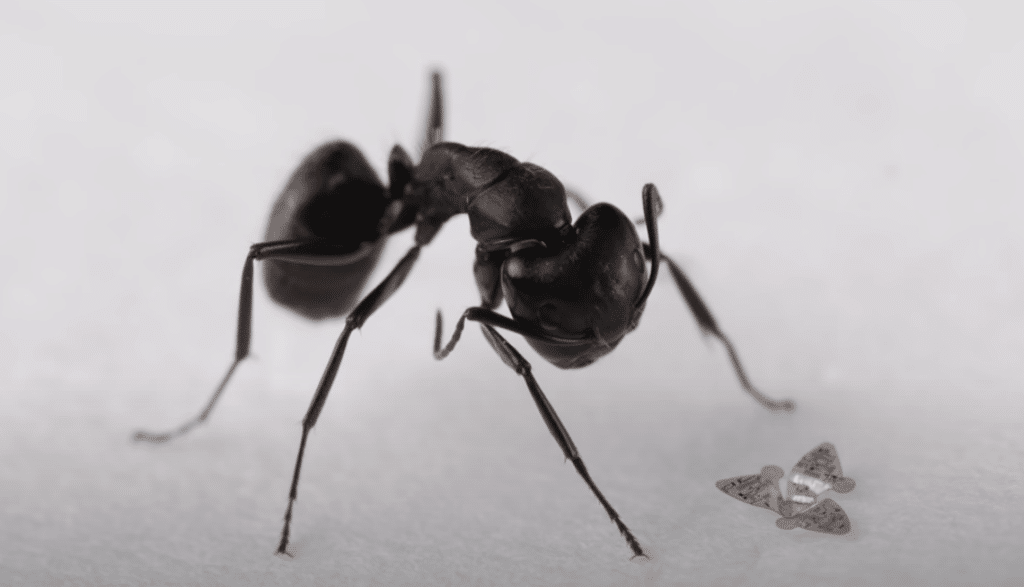Scientists have developed microchips that fly on the wind like helicopter seeds. Small as a grain of sand, these new pieces of technology could provide deeper insight into climate and environmental changes. Furthermore, what could they do about the pandemic in the room?
The word “microchip” usually brings a certain image to mind. Maybe you’re having an existential crisis because Elon Musk’s brain chips are on the way to human trials. Or, you’re excitedly waiting for a cyberpunk dystopia to shake up the current apocalypse. However, the reality of most practical and innovative microchip technology is far less dramatic but far more complex.

Credit: Youtube/Nature video
The new winged microchips, developed by a team at Northwestern University, are based on helicopter-seed physics scaled down to an imperceptible size. The research team, who also developed dissolving medical implants, worked with the goal to create technology that wouldn’t harm the environment. In fact, as the team’s leader John A. Rogers explains, the chips’ technology hopes to do the opposite.

Credit: Hippo.px
The chips, outfitted with various wireless antennae, send information to communication devices such as smartphones or environmental sensors. Paired with those sensors, chips can monitor pH levels, water quality, solar wavelengths, and general atmospheric trends. Seeing as the team constructed the chips with biodegradable materials, the technology should have a positive effect on data collection for climate and pollution research.
Though, Rogers hopes that the chips could have use further than climate research. In fact, the team has developed the technology with pandemic research in mind. With the world in turmoil over new corona virus variants popping up every few months, airborne microchips could help predict disease spread before it happens.
The innovative technology has numerous functions, showing a vacancy in microchip application that the research team hopes to fill. Looking at other seeds and natural technologies, Rogers hopes that further development of these chips can broaden the horizon of scientific data collection.














